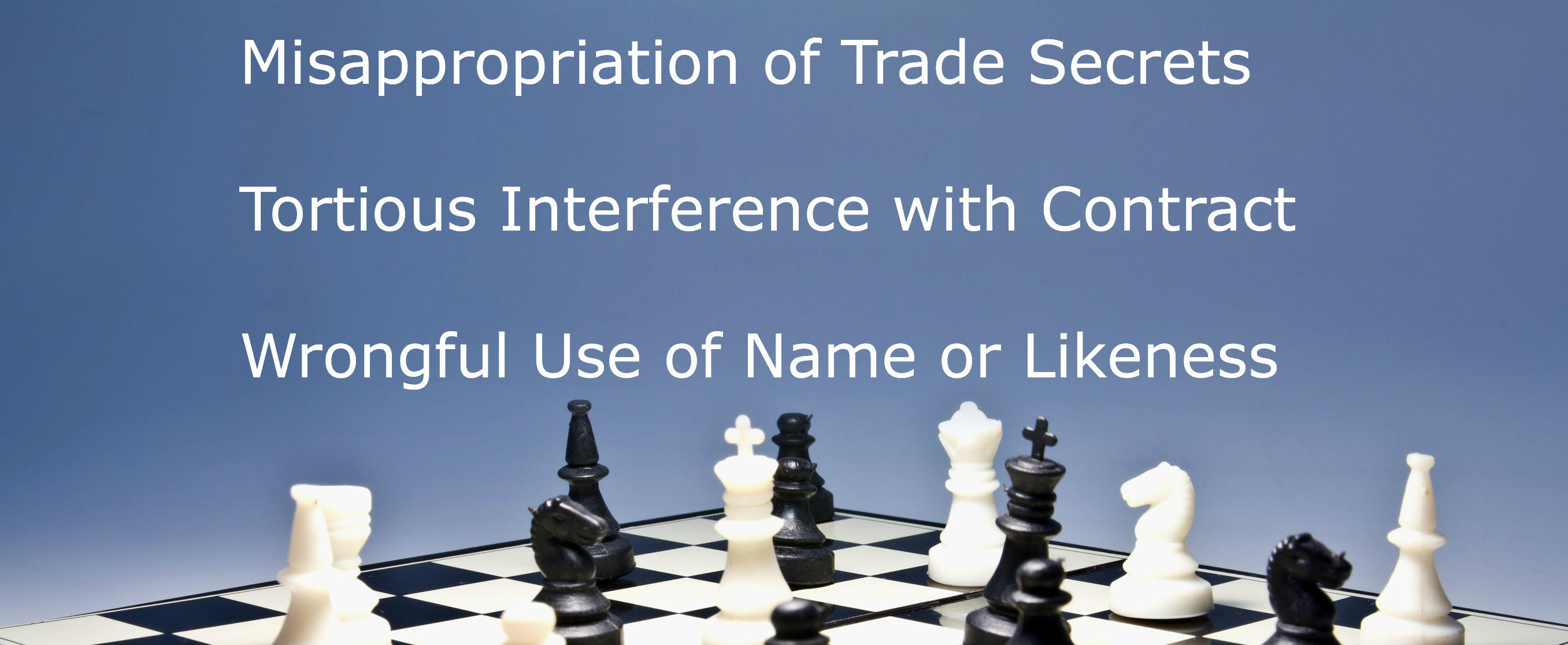
Licensing Agreements
Maryland Business Lawyers and Maryland Litigation Attorneys
By Maryland Business Lawyer, Nicholas D. Cowie
Licensing agreements are legally binding contracts utilized by businesses (“licensors”) to protect their inventions and ideas while sharing them with others (licensees) for profit. Licensing agreement are used to distribute, merchandise, franchise and sell software, technology, designs, products, services, creative works and other intellectual property over which the licensor/owner has a patent, copyright, trademark or other recognized property right.
The licensing agreement not only specifies how the licensee user will compensate the licensor owner for the use of its ideas and inventions, but also provides the owner with contractual protections by defining the terms under which the licensee can use the inventions and ideas so as to prevent or deter misuse or misappropriation. These protections can include confidentiality provisions that protect proprietary formulas, technologies or other trade secrets as well as indemnification provisions that impose liability on the licensee for any infringement or other unauthorized use that may occur due to the licensee’s failure to comply with the licensing agreement.
The licensing agreement most people are familiar with is the so-called “end-user license” associated with the purchase of patented software used on smart phones, laptops and personal computers. The end user licensee must click an “accept” button signifying his or her agreement to the terms before the software will install on their device. These end-user license agreements typically prohibit the end-user from sharing the software and grant access to install and use the software on a limited number of devises.
Licensing agreements are also used in franchising a branded product (protected by a trademark) or a branded service (protected by a service mark). In such cases, the business franchisor grants permission to a franchisee/licensee to distribute products or sell services under its trademark / service mark. The franchising agreement will contain a licensing provision that allows the franchise licensee to use and sell the branded product or service without fear of a trademark or service mark infringement claim.

Another example of the use of a licensing agreement is where a licensee is granted permission to copy and distribute copyrighted works such as “art” or fictional characters. With such license, a licensee need not fear a claim of copyright infringement brought by the copyright owner.
The terms of a licensing agreement can be customized to establish conditions and limits for use of intellectual property. For example, the license agreement may specify the period of time during which the licensee has a right to use the product or intellectual property, or limit the licensee to a specific territory or geographic region. Likewise, the licensing agreement may specify whether the scope of the license is exclusive to the licensee or multiple licensees, and whether and to what extent the licensee has permission to sublicense the product. Maryland Business Lawyers at Cowie Law Group can assist in drafting and negotiating the terms of licensing agreements.
When a party fails to comply with the terms of a licensing agreement, there may be contractual rights and claims for breach of the licensing agreement, as well as claims for: infringement of copyrights, trademarks, patents, and trade secrets; misappropriation of trade secrets; business torts; and other claims for unlawful trade practices and unfair competition. These claims can be pursued and prosecuted by the Maryland business lawyers and Maryland business litigation attorneys at Cowie Law Group, P.C. Such licensing or franchising litigation is pursued by licensors both to recover lost profits, payments due, and other damages as well as to obtain injunctive relief, including temporary restraining orders (TRO’s), intermediate injunctions, and final injunctions to protect intellectual property from further infringement and improper use. Enforcing property rights and licensing claims can also serve as a proactive step to ensure that others do not follow suit and that a business retains full control of its intellectual property.
1321 Generals Highway, Suite 302, Crownsville, MD 21032 • Tel: 410-327-3800 • Fax: 410-327-3801 • cowielawgroup.com
COWIE LAW GROUP, P.C. is a Maryland business law firm with Maryland business lawyers and Maryland business litigation attorneys who handle business transactions and business legal disputes. Our main law offices are located in Crownsville, Maryland, but the Maryland business lawyers and business litigation attorneys at COWIE LAW GROUP, P.C. are known for handing complex commercial and business law matters throughout the State of Maryland. The experienced Maryland business lawyers and business law attorneys of COWIE LAW GROUP, P.C. provide legal advice and legal representation to business professionals, entrepreneurs, local businesses, national corporations and multinational companies. See us at Bing Places & Google & Facebook




